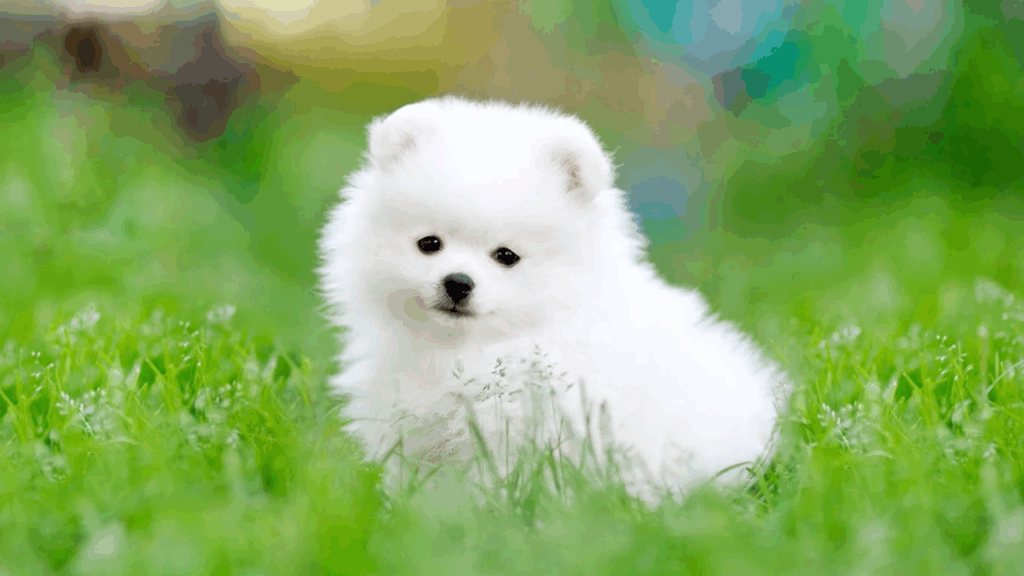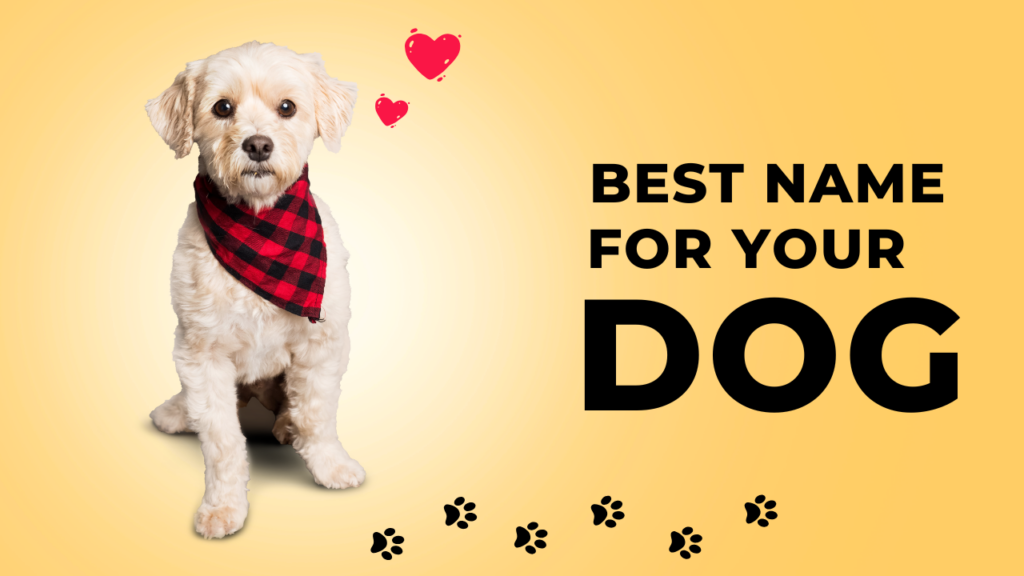The Pomeranian, affectionately known as the “Pom,” is a breed that proves great things come in small packages. With its luxurious double coat, fox-like face, and confident personality, the Pomeranian stands out as one of the most popular toy breeds in the world. Despite their small size, these dogs are full of energy, intelligence, and charm, making them ideal companions for a variety of households.
Whether you’re looking for a spirited pet, a loyal lapdog, or an alert watchdog, the Pomeranian checks all the boxes.
History and Origins
The Pomeranian descends from the large sled-pulling spitz dogs of the Arctic. Its name comes from the region of Pomerania, which now lies between Poland and Germany, where the breed was first refined. Originally, these dogs weighed up to 30 pounds and were used for herding and pulling carts.
It wasn’t until Queen Victoria of England took an interest in the breed during the 19th century that the Pomeranian was bred down to a smaller size. Her beloved Pom, named Marco, became a canine celebrity, and soon smaller Pomeranians were in high demand across Europe.
Since then, the breed has continued to evolve, becoming a lap-sized dog without losing the bold personality of its larger ancestors.
Appearance
Despite their tiny stature, Pomeranians are packed with style and flair.
- Size: Typically weigh between 3 to 7 pounds and stand 6 to 7 inches tall.
- Coat: Double coat with a soft, dense undercoat and a long, fluffy outer coat.
- Color: Comes in a wide variety of colors including orange, black, white, blue, cream, chocolate, sable, and more.
- Face: Fox-like expression with alert, dark eyes and small, upright ears.
- Tail: Characteristically plumed and carried high over the back.
Their luxurious coat and proud posture give them a regal look that attracts attention wherever they go.
Temperament and Personality
Don’t let their size fool you—Pomeranians have bold, outgoing personalities.
- Confident and Curious: Poms are naturally curious and love to explore their surroundings.
- Loyal: They form strong bonds with their owners and can become very attached.
- Vocal: Known for being alert and expressive, they make good watchdogs, though they may bark excessively without proper training.
- Sociable but Selective: Generally good with people and other animals, though early socialization is important to prevent small-dog syndrome.
Their lively and affectionate nature makes them well-suited to families, singles, and seniors alike.
Exercise and Training
Though small, Pomeranians are energetic and require regular mental and physical activity.
- Daily Walks: A short daily walk and some playtime indoors are usually sufficient.
- Interactive Play: They enjoy games like fetch, hide and seek, and learning tricks.
- Training: Intelligent and eager to please, Pomeranians respond well to positive reinforcement training. They can learn commands quickly, but consistency is key.
Due to their cleverness and independence, they can also be a little stubborn, so early obedience training is recommended.
Grooming Needs
The Pomeranian’s thick double coat requires regular care to keep it looking its best.
- Brushing: At least 3–4 times a week to prevent matting and tangles.
- Bathing: Every few weeks or as needed, followed by thorough drying and brushing.
- Trimming: Occasional trimming around the paws and sanitary areas is helpful.
- Dental and Ear Care: Regular teeth brushing and ear checks are essential for their overall health.
Despite their fluffy appearance, with a proper routine, grooming becomes manageable and even enjoyable.
Health and Lifespan
Pomeranians are generally healthy dogs with a lifespan of 12 to 16 years, but like all breeds, they are prone to certain health issues:
- Dental Disease: Their small mouths are prone to tartar buildup and dental problems.
- Luxating Patella: A common issue in toy breeds where the kneecap slips out of place.
- Tracheal Collapse: Can cause coughing and breathing problems.
- Hypoglycemia: Especially in very young or small puppies.
- Alopecia X (Black Skin Disease): A condition involving hair loss, particularly in males.
Routine vet care, a balanced diet, and preventive maintenance help ensure a long, healthy life.
Living Conditions
Pomeranians adapt well to various living environments:
- Apartment Friendly: Their small size makes them ideal for apartment living.
- Indoor Dogs: They prefer being inside with their humans and should not be left outside unattended.
- Not Ideal for Rough Play: Due to their delicate size, homes with very young children should supervise interactions closely.
They thrive in environments where they are given attention and mental stimulation.
Conclusion
The Pomeranian may be small, but it comes with a huge personality. Bold, affectionate, and endlessly charming, this breed has captured hearts for centuries. Its intelligence and adaptability make it suitable for a wide range of homes, from city apartments to suburban houses.
With the right care, training, and attention, the Pomeranian makes a delightful, loyal companion that brings endless joy in a tiny, fluffy package.

Andy Parker is a dog lover, writer, and senior editor at BarkPicks. With years of experience covering canine health, training, and gear, he helps pet parents make smarter choices for happier, healthier dogs. Andy shares his home (and heart) with two rescue pups, Charlie and Mia.



